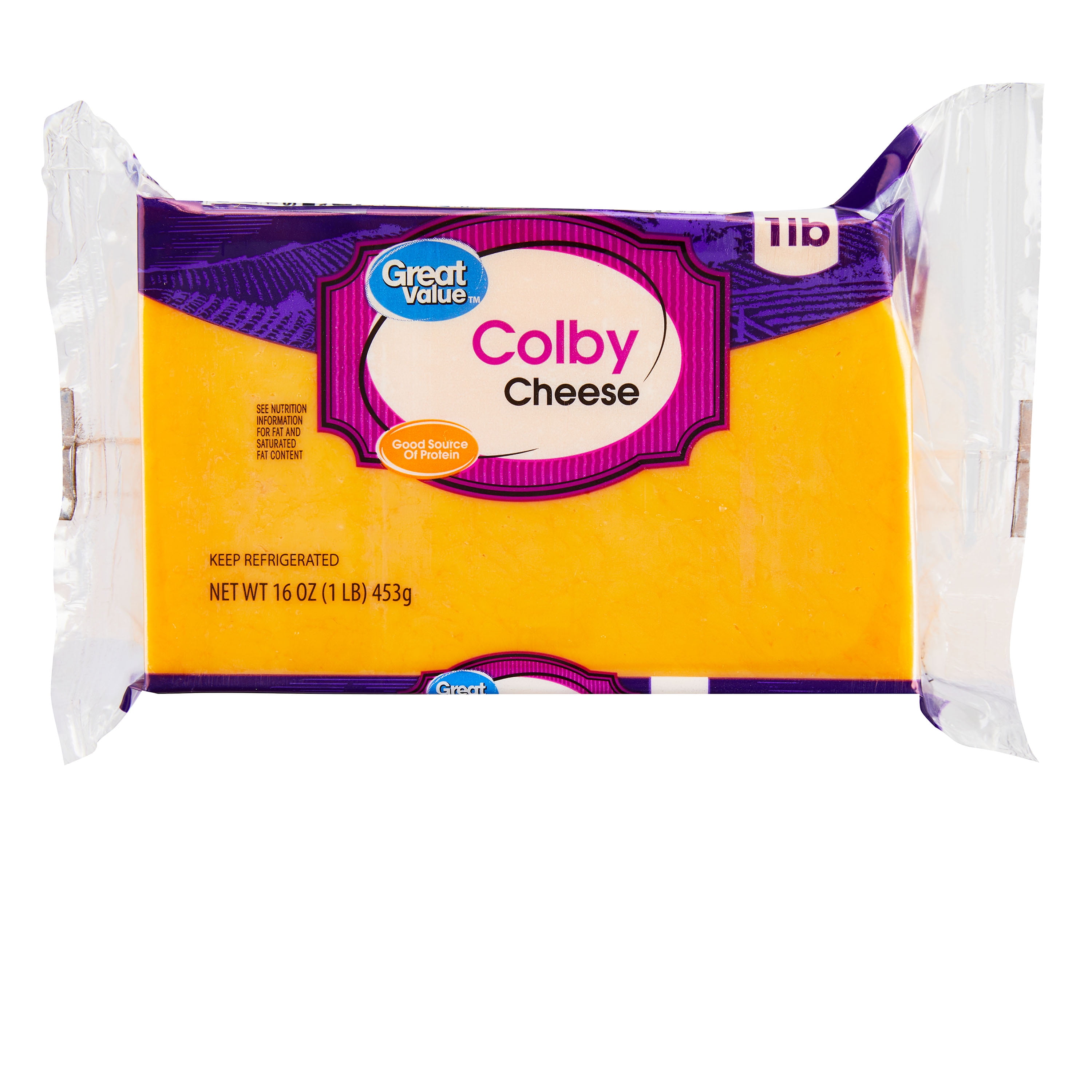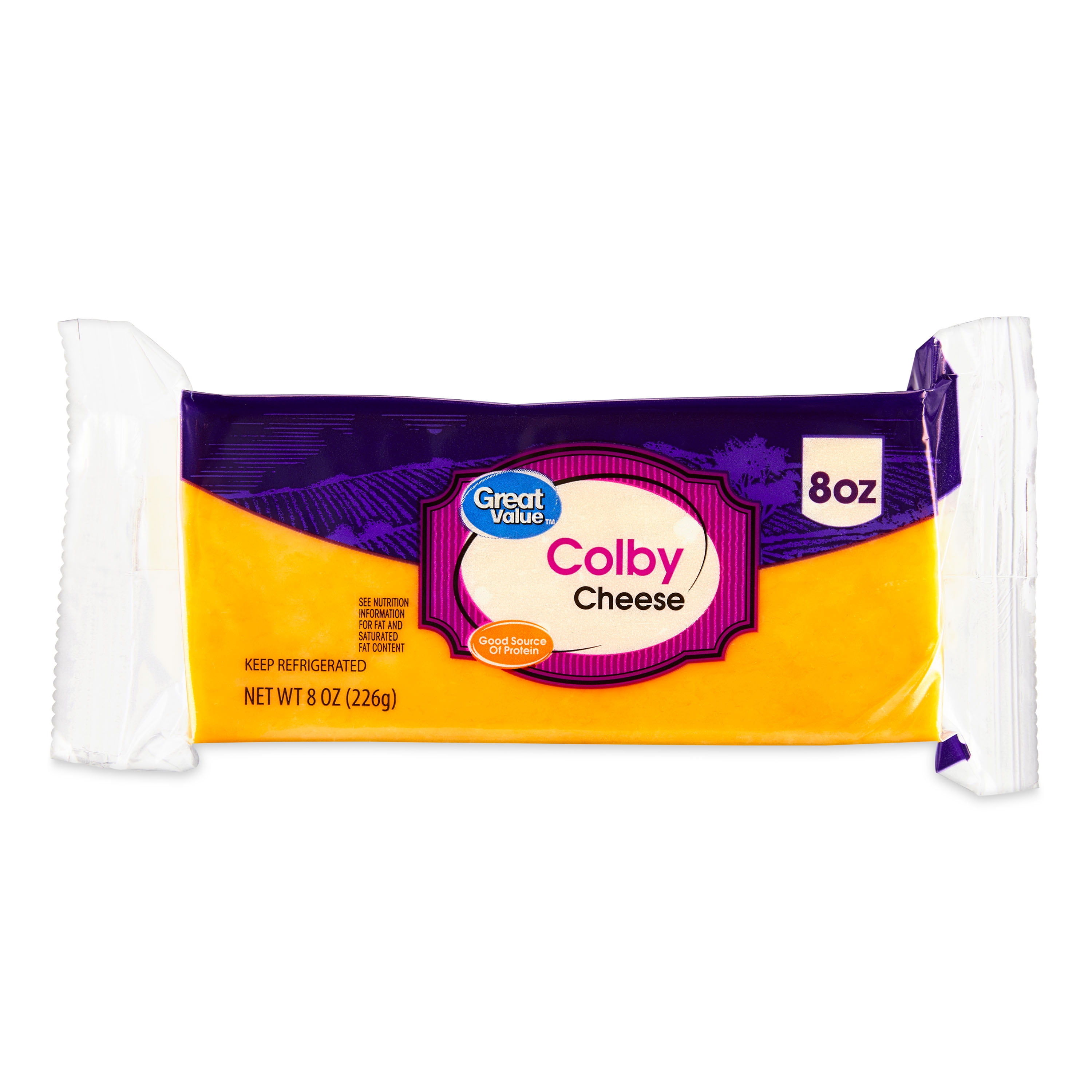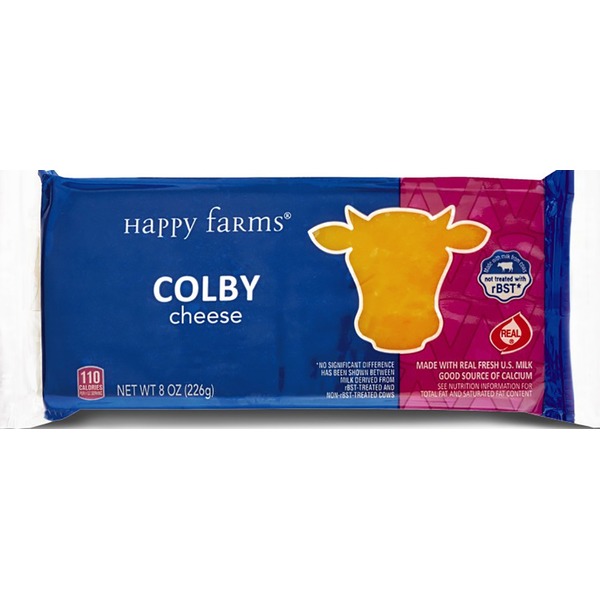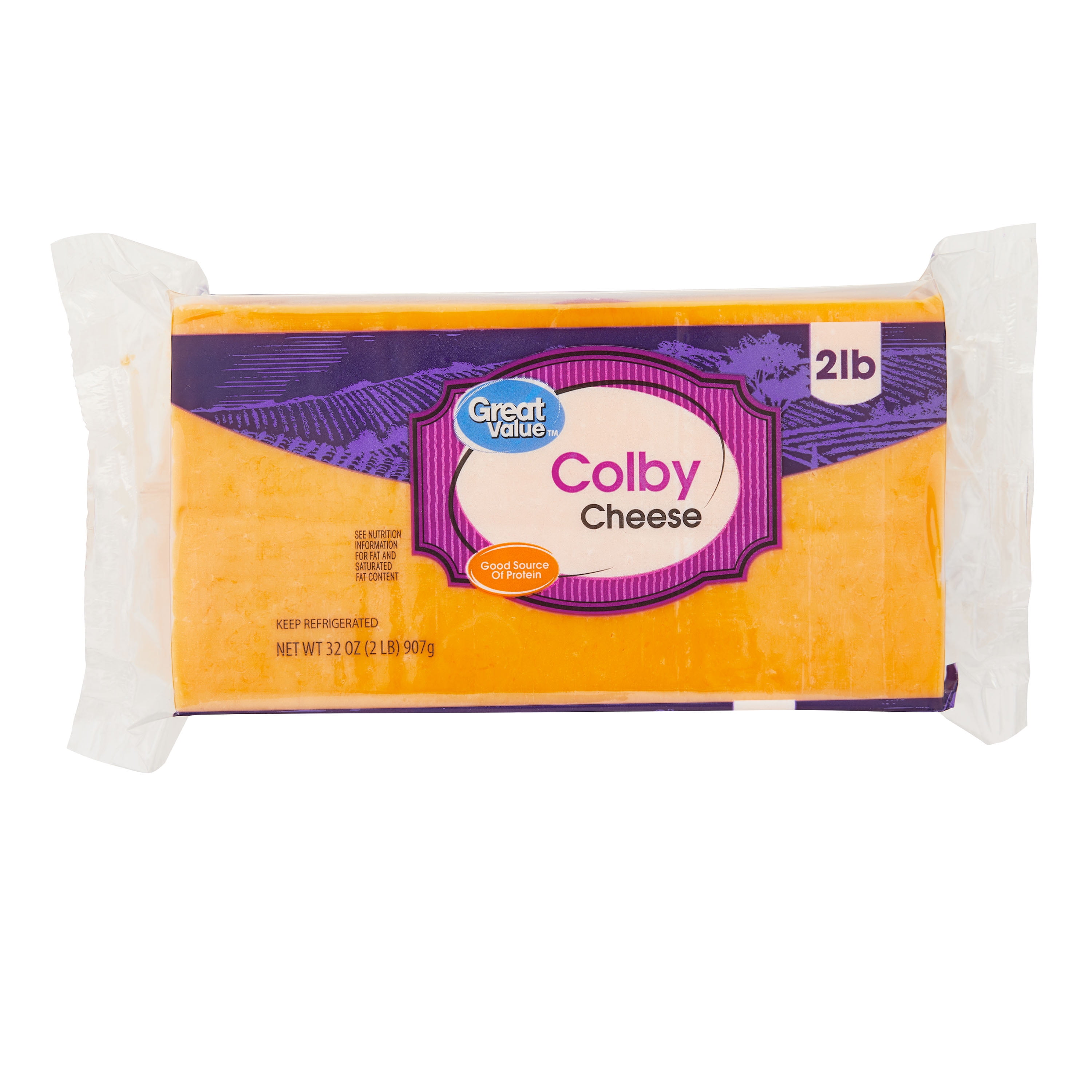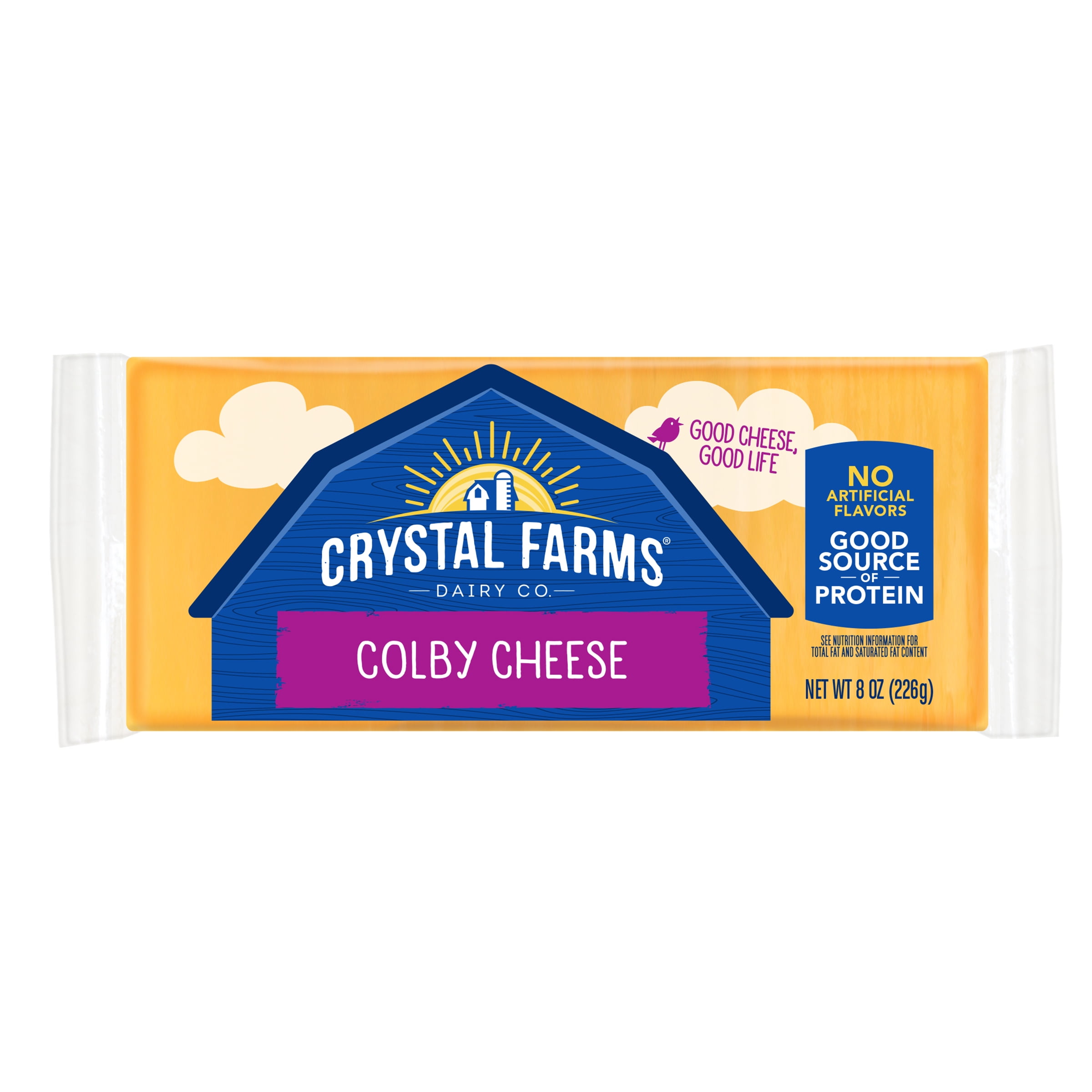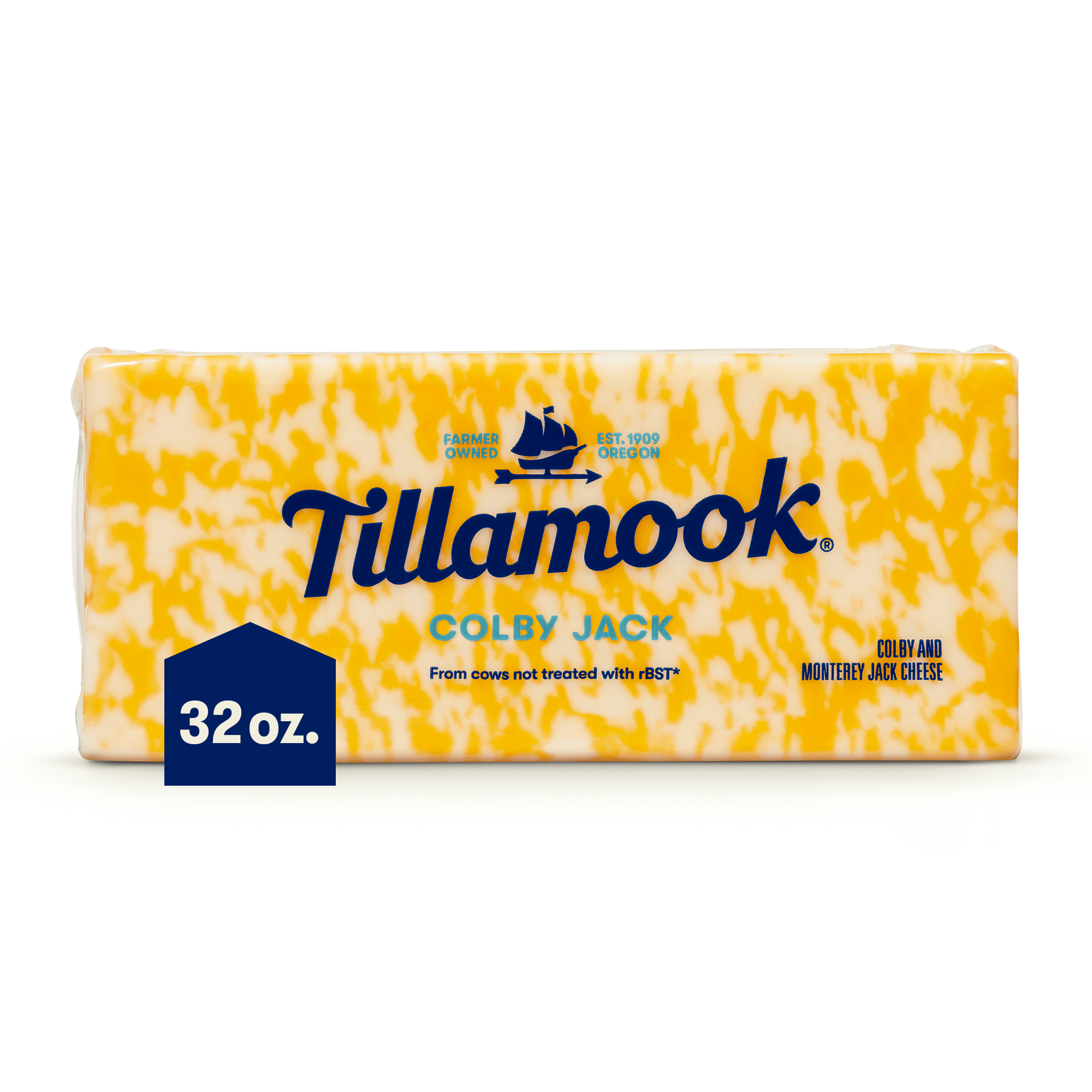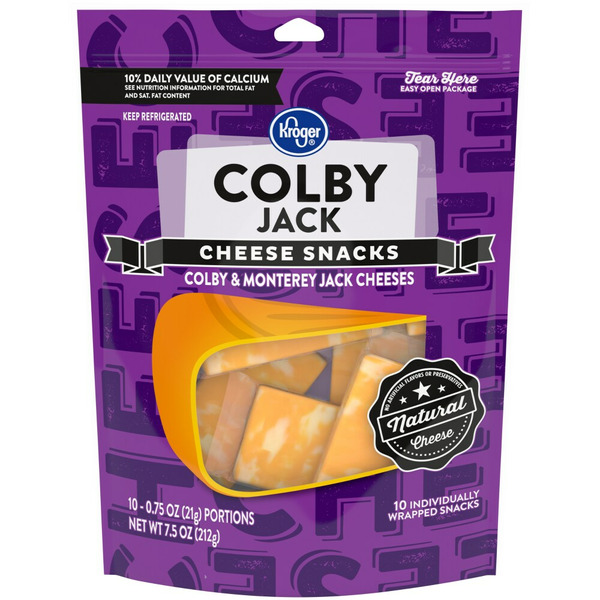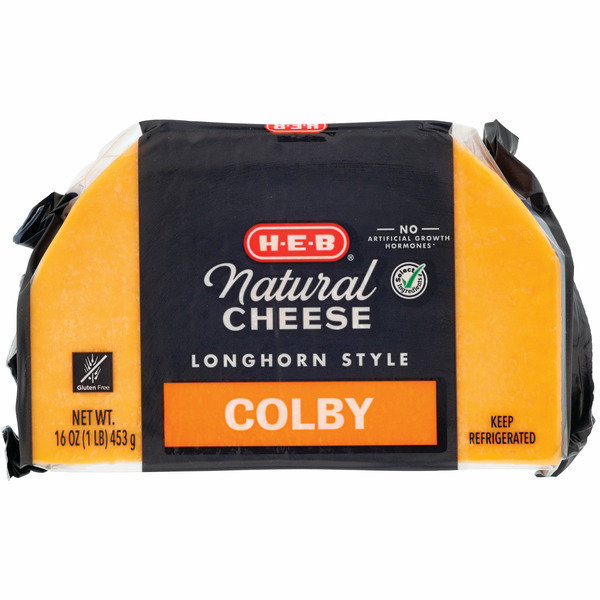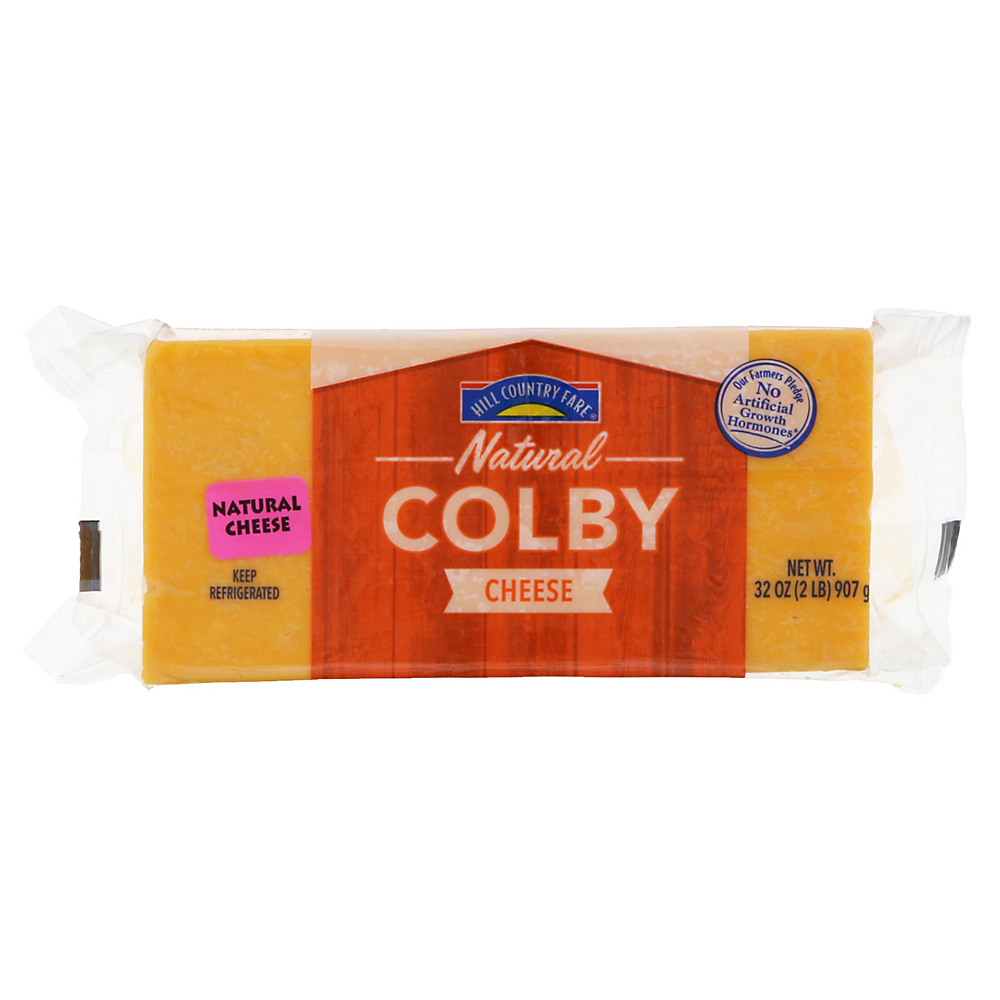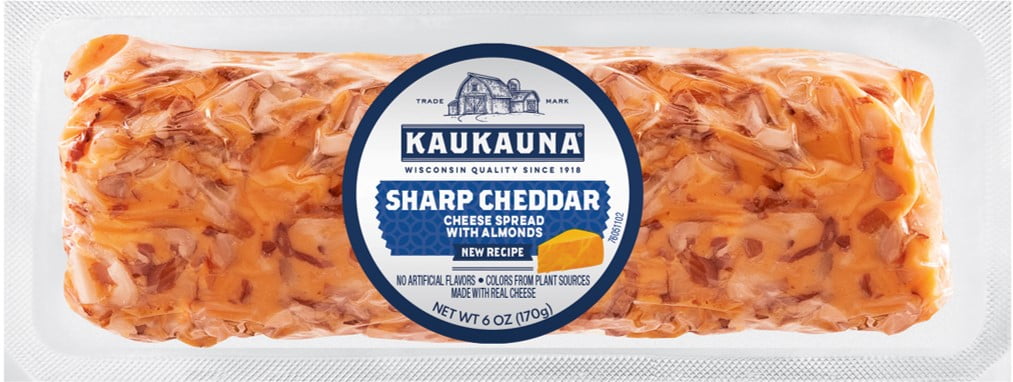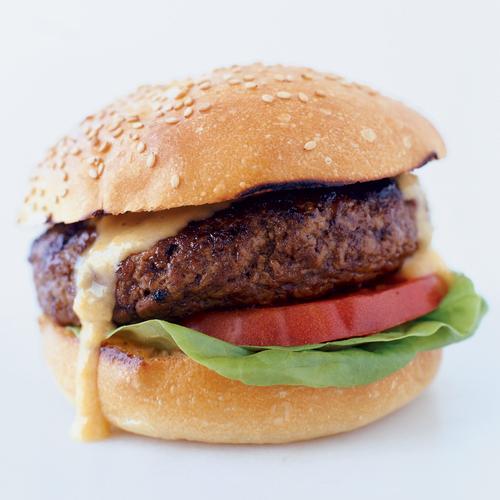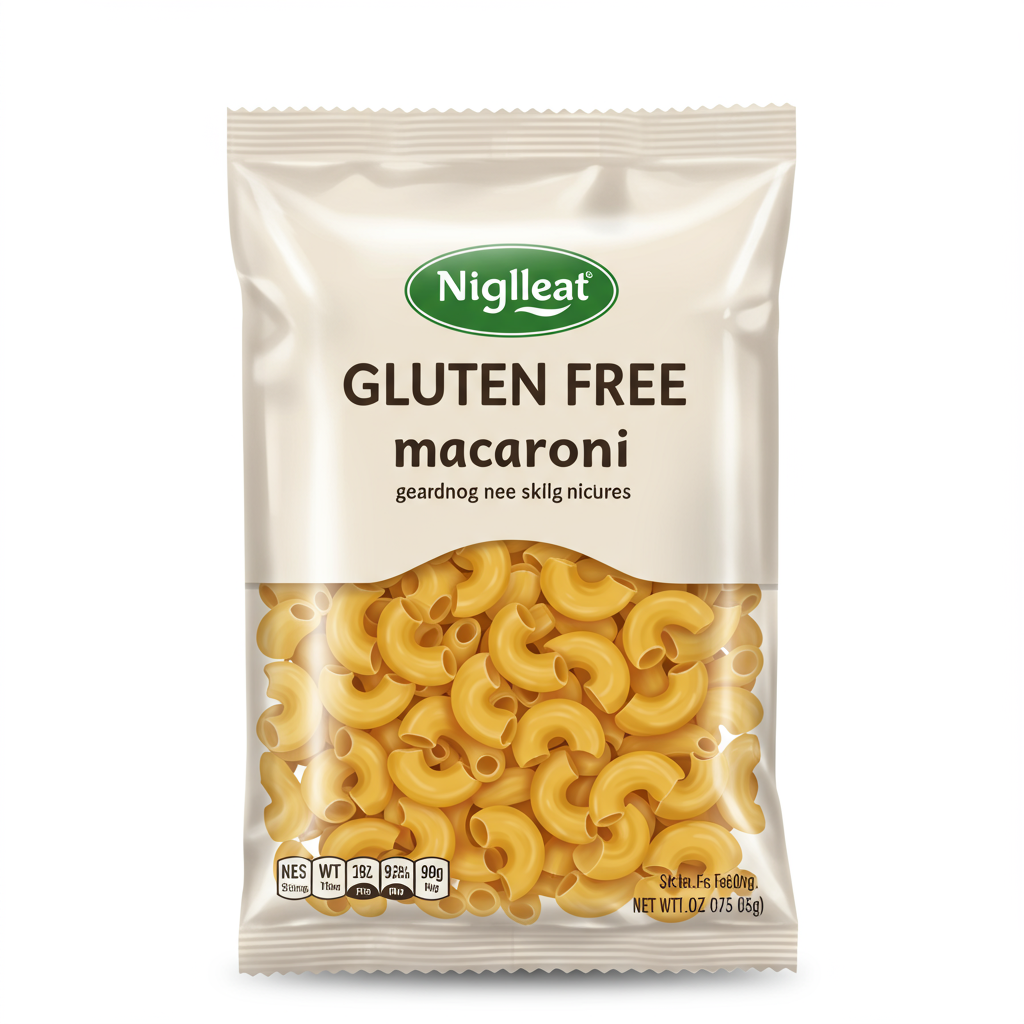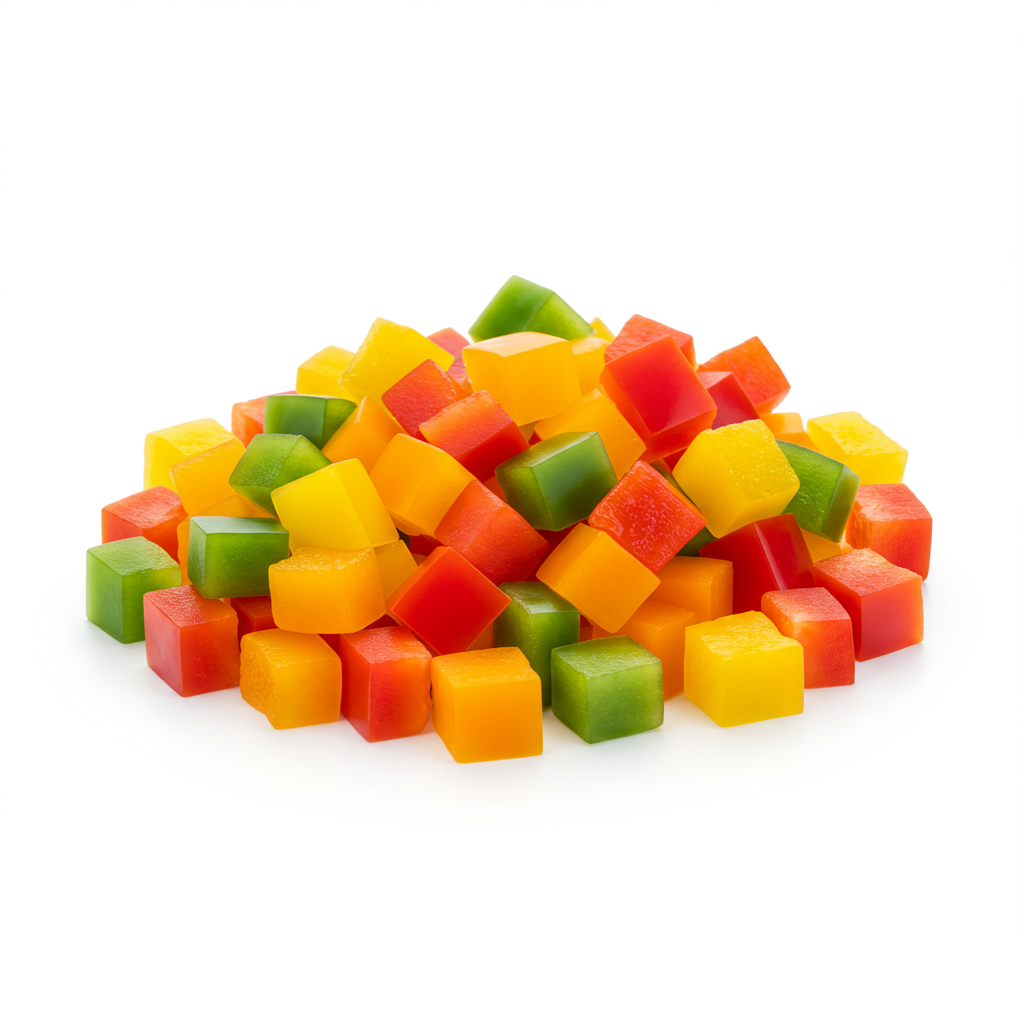Colby Cheese
Colby cheese is a semi-hard, mild-flavored American cheese with a moist and creamy texture. Named after the small Wisconsin town of Colby where it was first produced in 1885, this cow's milk cheese has a distinctive orange hue and is characterized by small, irregular holes throughout its body. The taste of Colby cheese is often likened to a milder version of cheddar, and it is popular for its versatile use in various dishes.
Colby cheese is perfect for snacking, melting, and incorporating into sandwiches, casseroles, or macaroni and cheese. The mild flavor pairs well with fruits, crackers, and a selection of meats. Its creamy consistency also enables it to melt easily, making Colby cheese a popular choice for grilled cheese sandwiches, quesadillas, and cheeseburgers.
4%
CARBS
55%
FAT
41%
PROTEIN
363 Colby Cheese Products
Great Value Cheese Natural Colby
Great Value Colby Cheese
Happy Farms Colby Cheese Block
Great Value Cheese Colby Natural
Crystal Farms Colby Block Cheese
Tillamook Colby Jack Cheese Block
Kroger Kroger, Colby Jack Cheese Snacks
H-E-B Longhorn Style Colby Cheese
Hill Country Fare Colby Cheese
Kaukauna Double Sharp Chedder Colby Cheese Log
Used In 4 Recipes
Colby Cheese Is Frequently Used With
Colby Cheese FAQ
Colby cheese, a semi-hard American cheese, offers a relaxed take on the sharp flavor of cheddar, making it a versatile ingredient in a departe of dishes. From being a comforting sidekick on your cheese board to the melting agent in your hamburgers, sandwiches or casseroles, its adaptability is truly praiseworthy.
Common blunders while using Colby cheese include overcooking, which might lead to oil separation and an unappetising texture. To enjoy the rich, creamy consistency of Colby, it is best to add it towards end of the cooking process while the heat is low or even turned off. This ensures your cheese has enough heat to melt but not so much that it’s compromised.
Additionally, grating or shredding your cheese before melting will make the melting process easier, faster and more consistent. Don’t be surprised to see that Colby cheese may not melt as smoothly as processed melting cheeses. It’s due to its natural state, and the softer texture adds to the enjoyment of the dish.
A little known fact about Colby cheese: after being produced, it is generally washed with cold water, which arrests the acidity development, thus, contributing to its unique, mild flavour.
Why doesn't my Colby cheese melt evenly?
I overcooked my Colby cheese and the oil separated. How can I avoid this?
Can I use Colby cheese in a fondue?
Why does my Colby cheese not taste very sharp?
Can I use Colby cheese in any dish where I would use cheddar?
What pairs well with Colby cheese?
What is the difference between Colby and Colby-Jack cheese?
Why is Colby cheese orange?
Can I eat the rind of Colby cheese?
What's the best way to melt Colby cheese?
Expiration & Storage Tips
When does colby cheese expire?
Unopened Colby cheese can be stored in the refrigerator for 2-3 weeks past the printed date on the package. Once opened, it should be used within 3-4 weeks. In a freezer environment, this type of cheese can extend to 6-8 months while maintaining its quality.
How do you tell if colby cheese is bad?
If you're not really familiar in the kitchen, no worries! Telling if Colby cheese has gone bad is quite simple. The primary signs of spoiled cheese are mold and a noticeable change in color, texture or smell. Your cheese might display discoloration, becoming darker yellow or brownish. If your cheese is excessively hard, slimy or has a strong sour or ammonia-like smell, it's probably time to toss it out!
Tips for storing colby cheese to extend shelf life
• Always store your Colby cheese in the refrigerator, ideally in the cheese or vegetable drawer where the temperature is more stable.
• To extend its shelf life, wrap the cheese in wax paper or cheese paper before placing it in a plastic bag. Avoid using cling film as this can cause the cheese to sweat.
• If you choose to freeze Colby cheese, grate it first. This way, the quality won't change significantly after defrosting, and you can use it directly from the freezer in cooked dishes.
• To defrost the cheese, move it from the freezer to the refrigerator 24 hours before use. Allow it to return to its natural temperature slowly to retain as much of its original texture and flavor as possible.
• Cut off any parts that have grown mold instead of throwing the whole piece away. The rest is usually still safe to eat. However, if mold has penetrated deeply into the cheese, it is best to discard it.
EXPIRES WITHIN
4 - 5
MONTHS
Substitutes

Shredded Sharp Cheddar Cheese
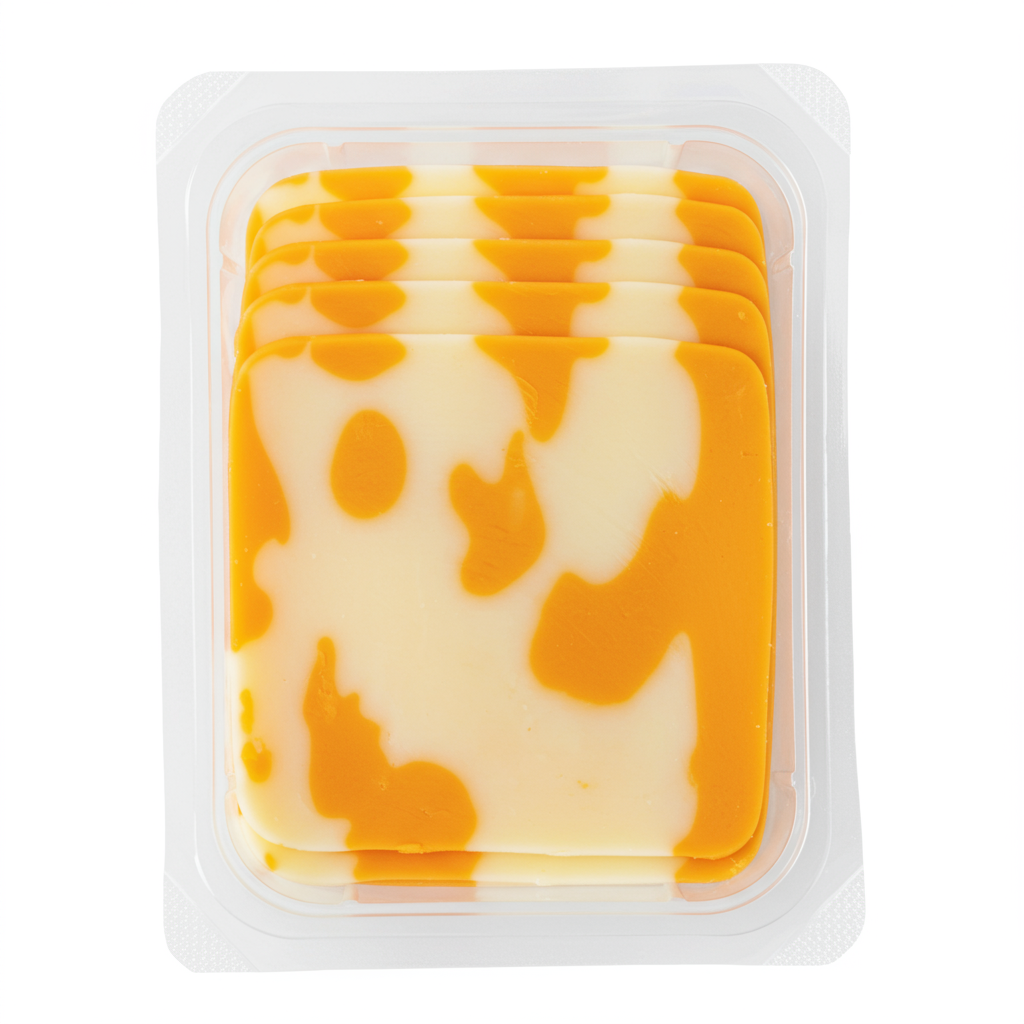
Sliced Marble Jack Cheese

Sliced Cheddar Cheese

Extra Sharp Cheddar Cheese

Sliced Extra Sharp Cheddar Cheese

Sliced Colby Cheese

Sliced Sharp Cheddar Cheese

Sharp Cheddar Cheese

Cheddar Cheese
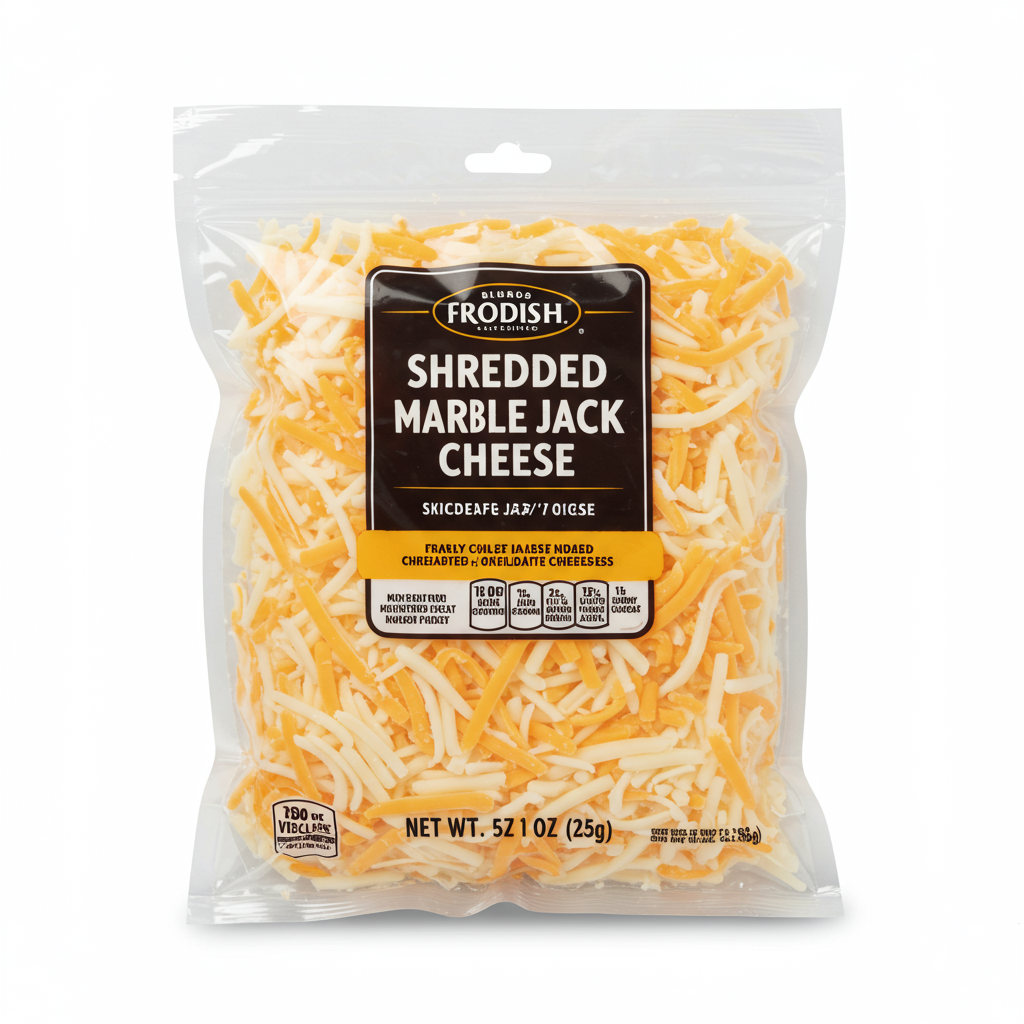
Shredded Marble Jack Cheese
See All
Health Info
Macros
0g
CARBS
8g
FAT
6g
PROTEIN
Allowed on these diets
LOW FAT
HIGH CALCIUM
VEGETARIAN
KETO
MEDITERRANEAN
LOW CARB
GLUTEN FREE
Contains these allergens
MILK

